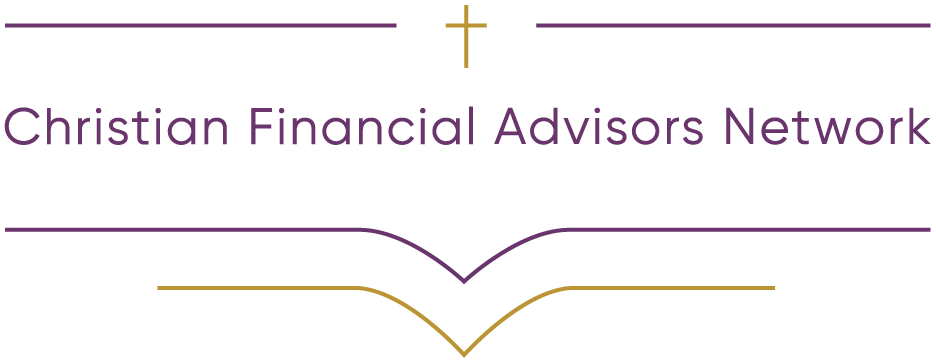Dealing with Debt
Debt is a topic that has been coming up in conversations quite a bit recently.
My church body has been studying the topic this quarter in a series called: “Managing for the Master: Till He Comes”.
As a Christian financial advisor, I have been excited that this real world topic of debt, along with other financial topics, are being taught from a Biblical perspective. We know that money is important to the heart of God because there are over 2,300 verses pertaining to money in the Bible.
Some of the topics in the study covered so far are:
The Tithing Contract
Offerings for Jesus
Dealing with Debt
Laying up Your Treasures in Heaven
Can you see why I’ve been excited?
How to Approach Debt
A topic that has been coming up often as I speak with clients and prospects is “How should I deal with and view debt?”
I love what Donovan Brooks, a CFAN colleague, states in his June 2021 article, “How Should Christians View Debt?” “Debt isn’t sinful… However, planning to borrow and NOT repay your debt is deception and is sinful.”
Wow! That’s a powerful statement.
Because debt has become so normalized, many of us swipe first and then wonder how we will repay the debt later. But that is not the approach we ought to take.
"Suppose one of you wants to build a tower. Won’t you first sit down and estimate the cost to see if you have enough money to complete it?"
Luke 14:28
What are the questions we ask before we make a purchase?
Do we borrow money before fully thinking through the consequences of borrowing?
Is the purchase a need or a want?
Do we think about whether we can afford it?
I would argue these are all important questions to ask. Unfortunately, this is the consumerist society that we live in.
We all likely receive emails daily, promising of the next best sale that will only last for an hour, or the next best trip that only has 24 hours that if you don’t book, it will expire – and before we know it, we are making these hurried, and mostly unthought out plans and we have likely spent monies that needed to go to other things.
Please don’t get me wrong, there are times when taking on debt is likely essential.
If you live in the United States and you’d like to purchase a home, it is very unlikely that you will be able to pay cash outright for the home.
Also, our system is based on having a college education, and unfortunately, many cannot afford to pay outright for the full tuition – so it becomes prudent to consider taking a loan, at the prospect of being able to get farther and make more money than without a college education.
However, even as you are contemplating taking a loan for a home or for education, the key is to make sure that you are not getting in over your head.
Cautiously Using Debt
When you consider the home purchase: can you comfortably afford the mortgage, property taxes and insurance, while continuing to have the financial resources to pay for other things you value in life?
We should also consider that we don’t need to purchase the biggest home that we have been pre-approved for, but should carefully consider our financial situation.
As our children consider the need to potentially take student loans, we should encourage them to make sure that the loans that are being taken will be able to be paid off in a timely manner.
We do not need to go to the most expensive school, if we are able to get a similar education and job prospects from a less expensive school. In my experience, one of the biggest disadvantages is people not being able to make bigger decisions because of student loans that were taken out when younger. People don’t fully understand the implication.
Getting Out of Debt
If you have consumer debt, also known as credit card debt, how do you get out of that?
The financial advisor in me would tell you that you should look at the ones with the highest interest rate and pay those down first, as that may make the most sense mathematically.
However, the behavioral side of me says, look at the one with the smallest amount owed, and pay that off first, as quickly as you can. Then, once that one is paid, use the payment you were applying and put that towards the next smallest one. This allows for a sense of satisfaction and the motivation to keep going because you are seeing progress.
At the end of the day, the ultimate goal is to pay down and pay off as many loans as you can. The Bible says this in Proverbs 22:7 “The rich rules over the poor, and the borrower becomes the lender’s slave.”
When we have a lot of outstanding debt, it may prevent us from being the stewards that God has called us to be, because there are so many other things that He would want us to do with the resources He provides beyond paying off debt.

